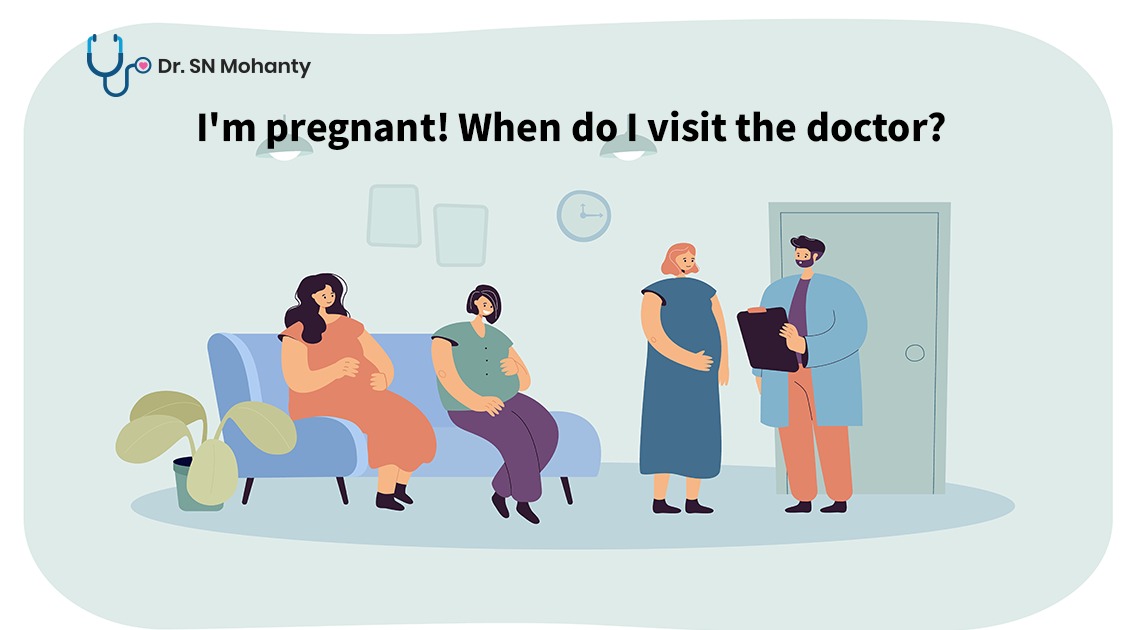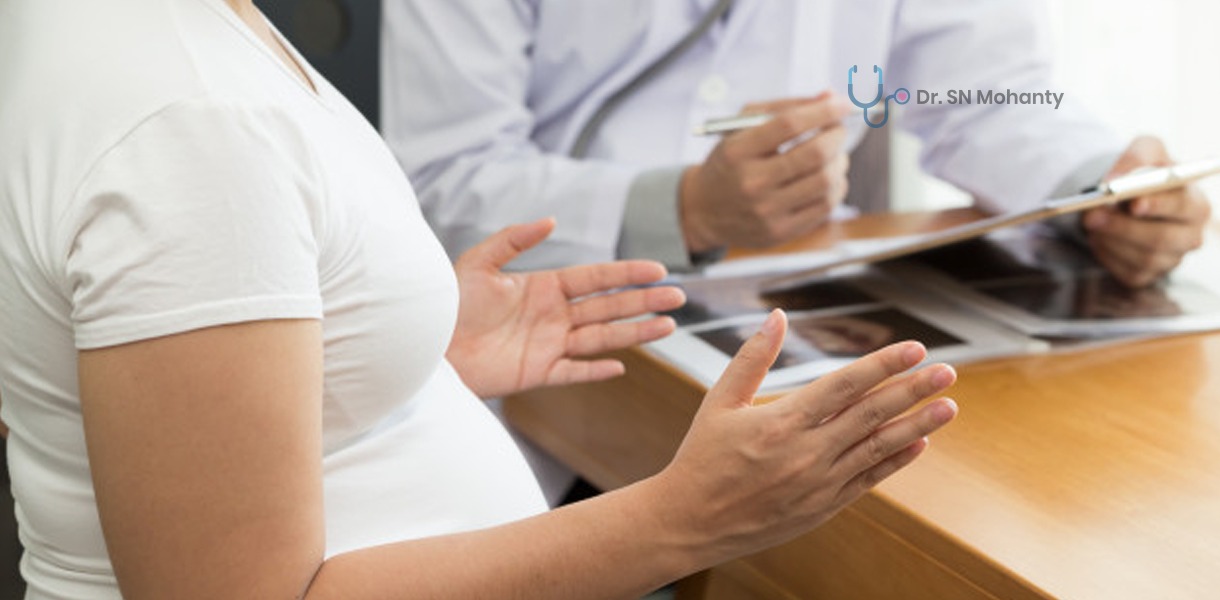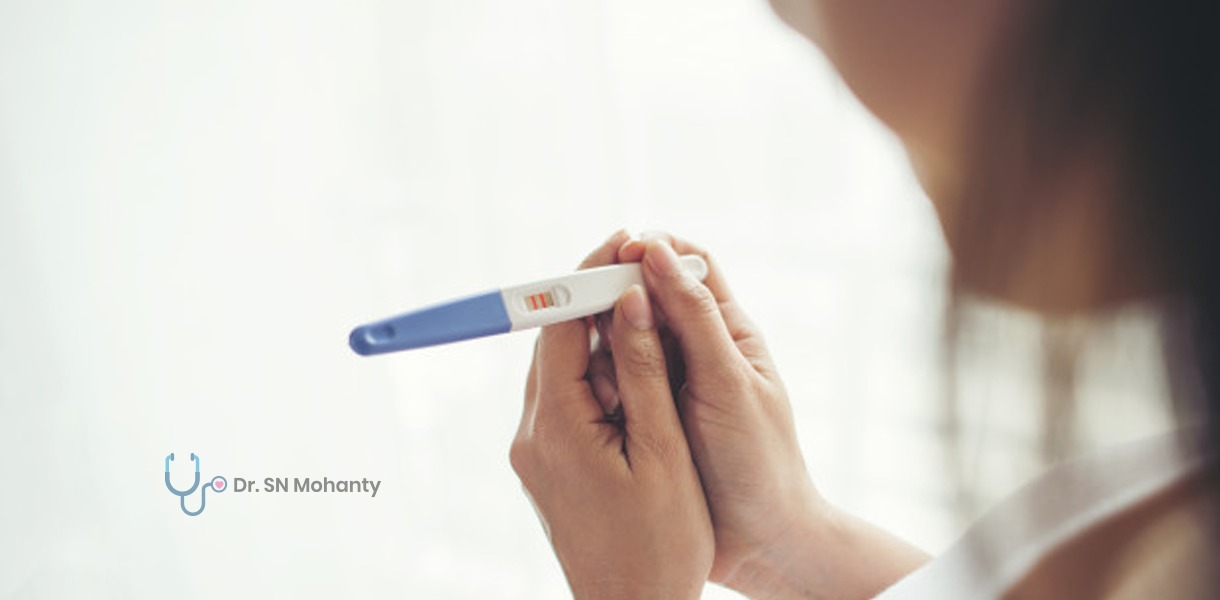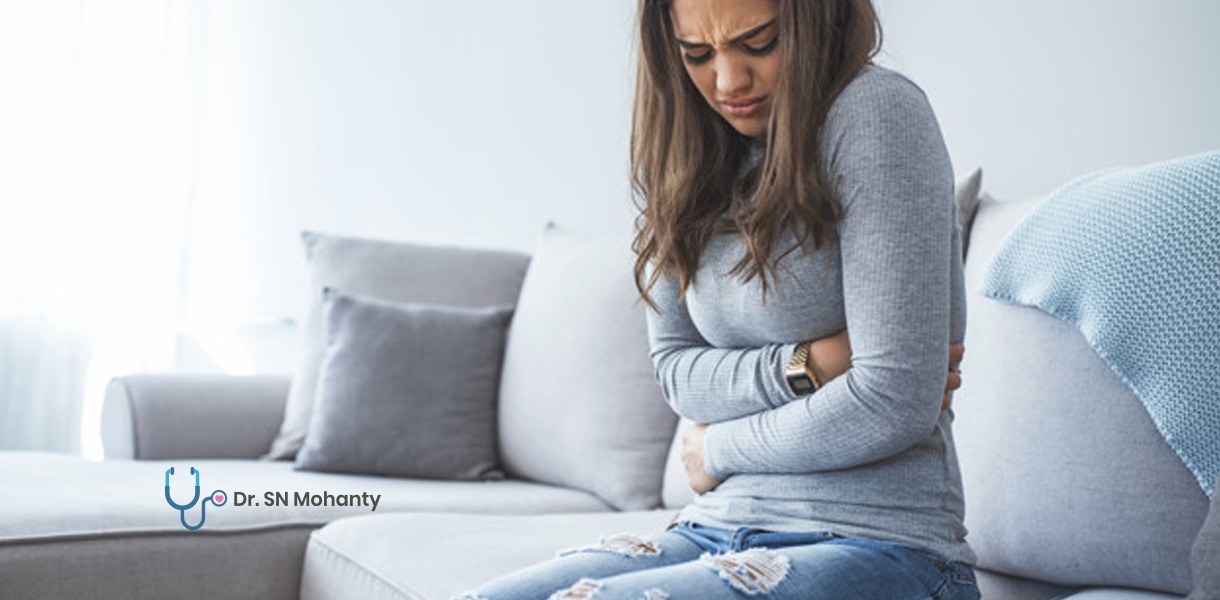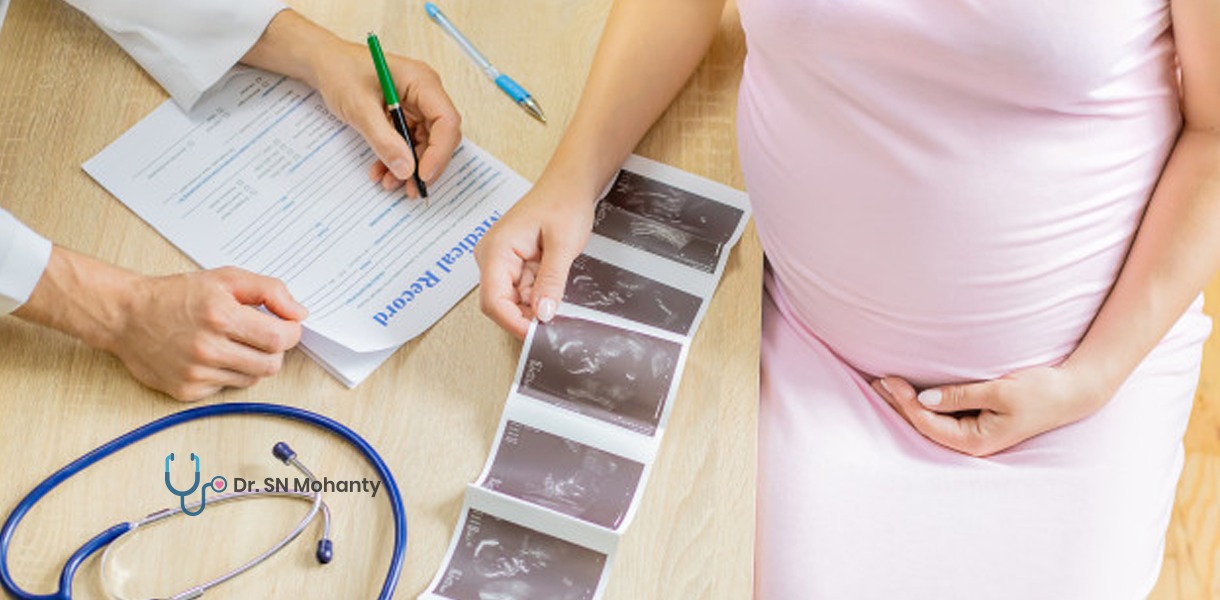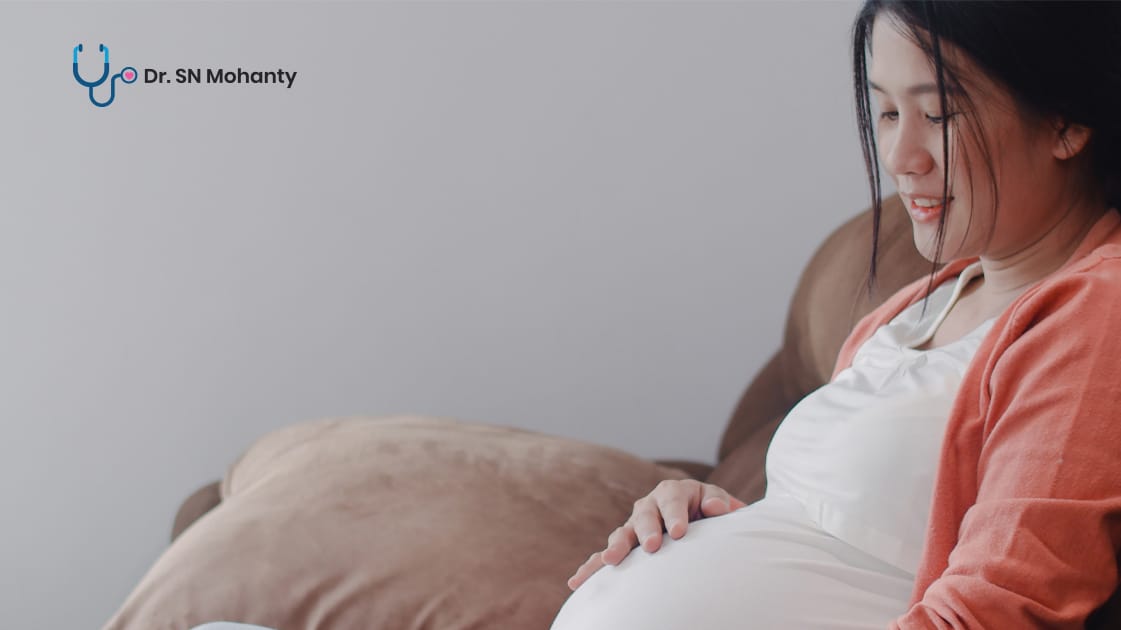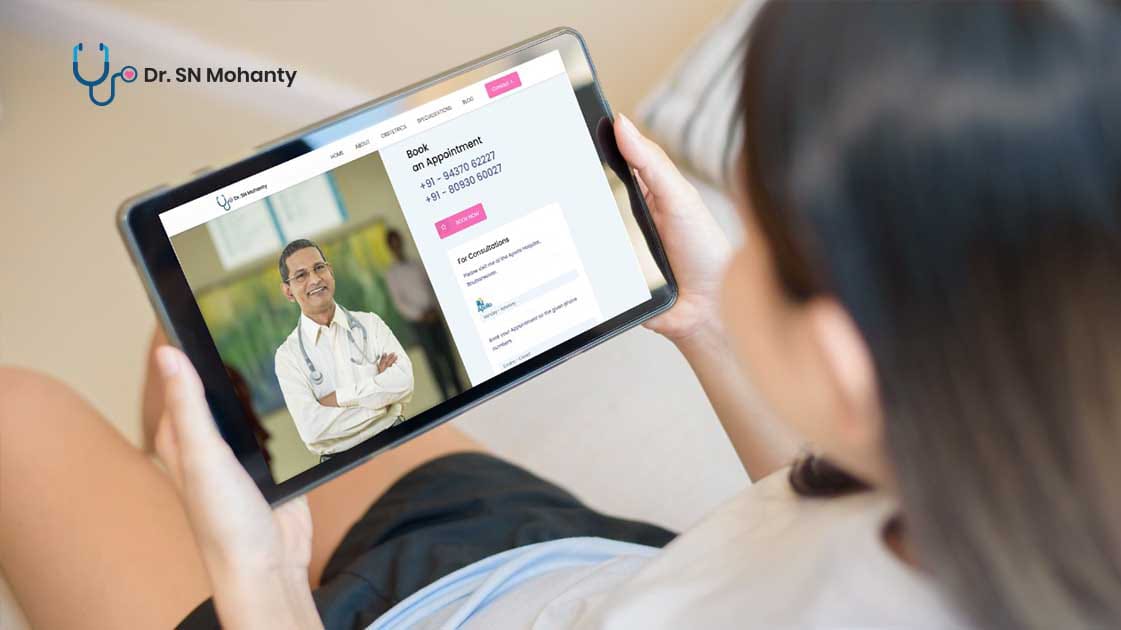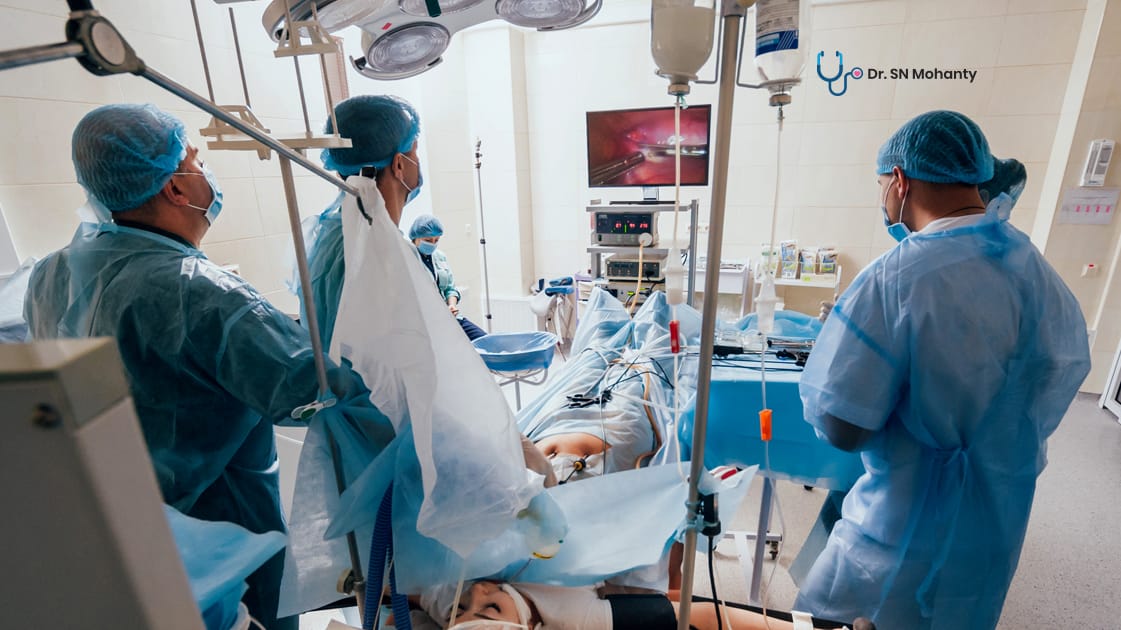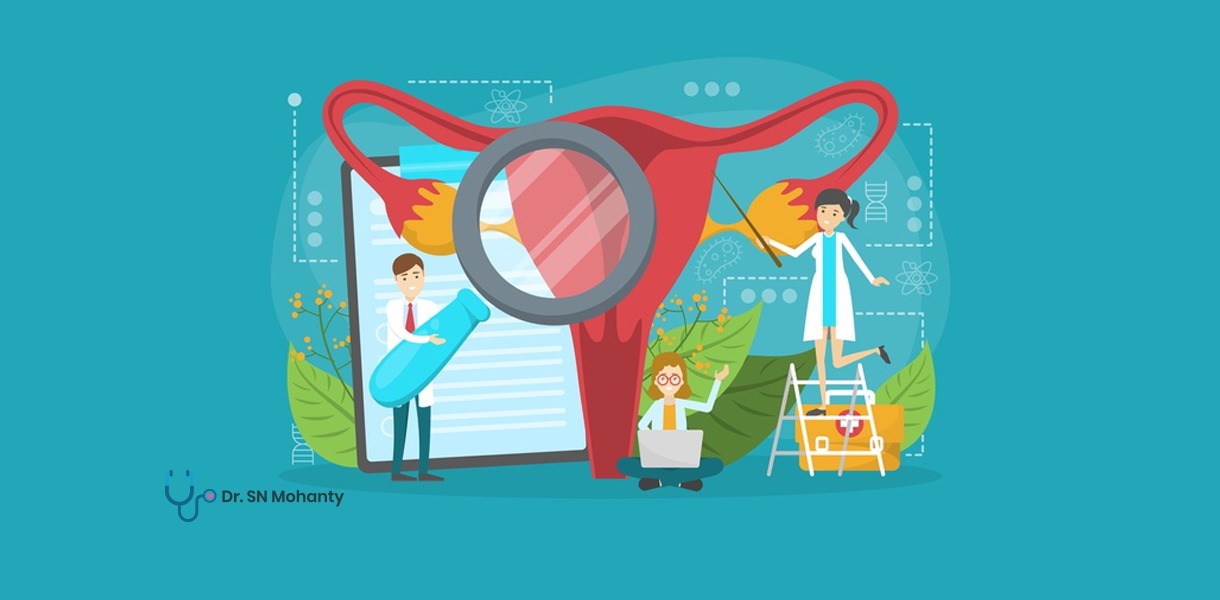
A woman’s body is structured with some beautifully blessed reproductive organs. Women are naturally blessed with reproductive organs that help to give birth to a new generation. Gynecologists as a medium help and support women to make their journey easy and comfortable. In older days, women were unaware of some of the reproductive organ problems they were facing. Thanks to the new technology and treatments evolved by the doctors they are now visible.
The most common problems now a day faced by women's bodies are fibroids. The fibroid affects the women’s reproductive system and in turn their overall health and well-being. Dr. SN Mohanty, our specialized gynecologist, supports every woman to cleanly understand the fibroids, its causes, and types and recommends with the best treatment for them without any fear.
What are Uterine Fibroids?
The uterus is an important part of women's reproductive systems. Uterine fibroids are abnormal growth that develops in or around the uterus of the women. The fibroids are a type of tumors, but they are non-cancerous as others. The uterine fibroids are non-cancerous tumors, but they are painful too. These fibroids usually grow from the muscle layers of the uterus and they vary in different sizes. The various sizes we have found until today are starting from the size of the beat to a large melon.
In some cases of fibroids, the symptom is not seen but in some big fibroid cases, the symptoms are seen and felt too. Women between the ages of 30 to 50 years are seen to be at risk of having issues related to uterine fibroids. Women who are overweight are also at risk of this problem as the fat tends to accumulate around the uterus triggering the uterine fibroid issue.
Causes and symptoms of fibroid cases
The definite cause of the fibroid is not yet defined to date but some of the following aspects can be taken into account as the main cause of it. They are:
• Hormones - The two types of hormones are called estrogen and progesterone that cause the growth of the uterine fibroid. The two hormones are produced by the ovaries. But, if the growth is abnormal then they can be responsible for the uterine fibroid.
• Family history - Your family heredity can be one of the reasons for fibroid growth. Most importantly, any of the female family members such as mother or grandmother is diagnosed with fibroids next generation girls are at higher risk of the same.
• Pregnancy - A woman’s body tends to release estrogen and progesterone during pregnancy. It may cause the rapid growth and development of fibroid.
Symptoms of Fibroids
The symptoms can be seen in some cases, depending on the woman's body type and size of the fibroid. They are as follows:
• Constipation
• Sudden weight gain
• Visible swelling in the lower abdomen
• Lower backache
• Severe leg pain
• Pain during sexual intercourse
• Pressure in on bladder
• Excessive menstrual bleeding
These are some of the symptoms. The symptoms can change or vary and can be different from the above-stated symptoms.
The best treatment for uterine fibroids
There is not a one-way treatment defined for uterine fibroids. There are various types of treatments available for treating the fibroids. Dr. SN Mohanty recommends the best types of treatment depending on your body, age, symptoms, and types of fibroid grown in your body. They explain to you which type of treatments will provide you with the best results and what should you do for the same.
Various treatments for fibroids are as follows:
• Surgeries:
Sometimes, you will have to go for a surgical intervention to remove the fibroid grown. The doctors will either cut, scarp of heat the fibroid. Most of the young age women who wish to be pregnant in the future are recommended the heating type of the surgery that will kill the fibroid from its roots.
• Fibroid emobilization (one of the non-surgical treatments):
Fibroid emobilization is one of the non-surgical treatment procedures that neither cut nor heat the fibroid. The procedure mainly focuses on stopping the blood flow. Without enough amount of blood flow, the fibroids will not be able to grow and they will shrink then and there only. This type of treatment is advantageous because you will not have to undergo any surgery and wait for repair and the discomfort due the surgery is also avoided.
• Hysterectomy:
It is a surgical treatment for the removal of the fibroid. It is recommended to the symptomatic women and does not wish to have children as it includes removal of the uterus along with the thyroid. This surgery is recommended if and only if the case is serious.
• Medicinal treatment:
Medicinal treatment is recommended by doctors when women have issues such as excessive bleeding and pelvic pain. They are treated by medicines that focus on preventing the production of hormones such as estrogen and progesterone. It will make the painful symptoms soften at some levels. The side effects of the medical treatments may or may not be seen.
• Wait and see approach:
If your fibroids are asymptomatic or you are not that terrible then doctors will recommend you wait and see if they go away naturally. This will prevent you from undergoing unnecessary treatments and side effects of the treatments.
• Wait for your menopause:
If you are not having any major issues related to the fibroid, you can consider waiting for your menopause. But you should watch out and be careful in your pre-menopause period. The excessive flow during the pre-menopause period may cause a swing in the growth of the fibroid and give you severe pain. Hence, sometimes the doctors recommend you to have the hormonal replacements.
If you are undergoing some of the problems related to the uterine fibroid, then you should consult the gynecologist as soon as possible before it becomes terrible. Women’s reproductive health and wellbeing is Dr. SN Mohanty’s major goal. They handle every problem related to your delicate uterus with great responsibility and utmost care.


